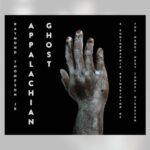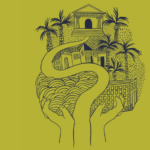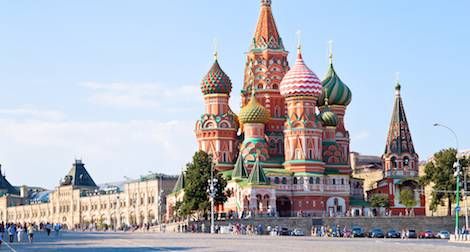
5 Short Classics To Read During Russian Literature Week
This week is Russian Literature Week, a series of panels, screenings, and in-person conversations in venues across New York City, hosted by Read Russia. It will feature a guest list of incredible new authors from Russia, famed Russian fiction translators, and Russian literature scholars and literary critics. There will be panels such as Gender & Power in Russian Literature and The Politics of Russian Literary Translation, and film screenings both in-person and online.
If you can’t make it in person—or even if you can—the best way to celebrate Russian Literature Week is to dive into the literature itself. The only problem? So many Russian classics are a heavy commitment, from the 400-page The Master and Margarita to the 1300-page War and Peace. So here’s a list of five Russian short fiction classics (under 100 pages) that will take you at most a couple hours to finish.
(Note: Diversity is hard to find in Russian classic literature in translation, and so this list is mostly white men. Even white women writers in translation can be difficult to track down from a time period we would consider ‘classic.’ This is partially due to selective translation as well as to the realities of the Soviet state.)
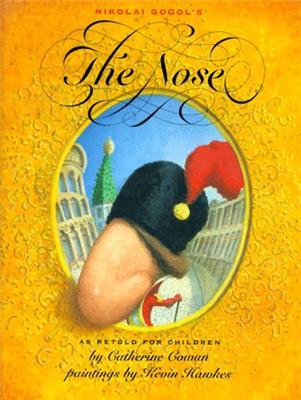
“The Nose” by Gogol
This short story is probably Gogol’s most famous work, surpassing even his fantastic novel Dead Souls. “The Nose” is absurd in all the best ways. A Deputy Inspector wakes up one day to discover that his nose is gone, only to find it walking around town. It’s a searing, hilarious satire of bureaucracy and the hierarchy of Russian society at the time.

“The Queen of Spades” by Pushkin
Don’t quite have time for Pushkin’s masterwork, Eugene Onegin? Check out this supernatural tale of avarice. Hermann never gambles, but when he hears a story from a fellow soldier about a Countess who knew how to win with three secret cards, he becomes obsessed with finding out what the secret is, at any cost.
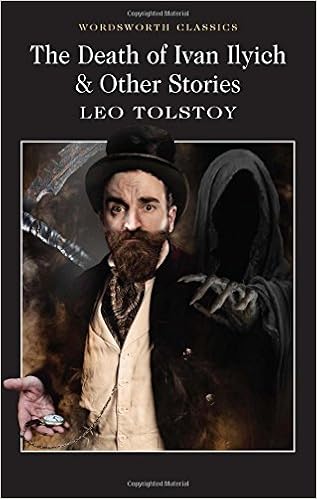
The Death of Ivan Ilyich by Leo Tolstoy
Most people find it difficult to make room in their reading lists for a book like War and Peace or even Anna Karenina. If you know you love Tolstoy from some of his acclaimed short stories, but aren’t ready to commit to something quite so big, check out his novella The Death of Ivan Ilyich, which tells the story of a high-court judge dying in 19th century Russia and his struggle with the terror of approaching death.

“The Blue Star” by Alexandr Kuprin
A classic story about the perception of beauty and how subjective and damaging it can be, “The Blue Star” by Kuprin tells the tale of a princess born in a remote kingdom where everyone finds her ugly. Kuprin began as a journalist, and later wrote novels including the controversial The Duel (1905), which exposed the horrors and tedium of army life. Speaking of which…

The Duel by Anton Chekhov
I don’t think I could name my favorite Chekhov story (“The Lady with the Dog”? “The Bet”? All of them are so good!), so I went with one of his most famous short fictions: The Duel, his novella about—you guessed it—a duel. Chekhov is considered by many to be among the greatest writers of short fiction in history, so if you like The Duel, dive in to his plays and short stories.
Do you know wonderful diverse Russian fiction? Comment with recommendations!



